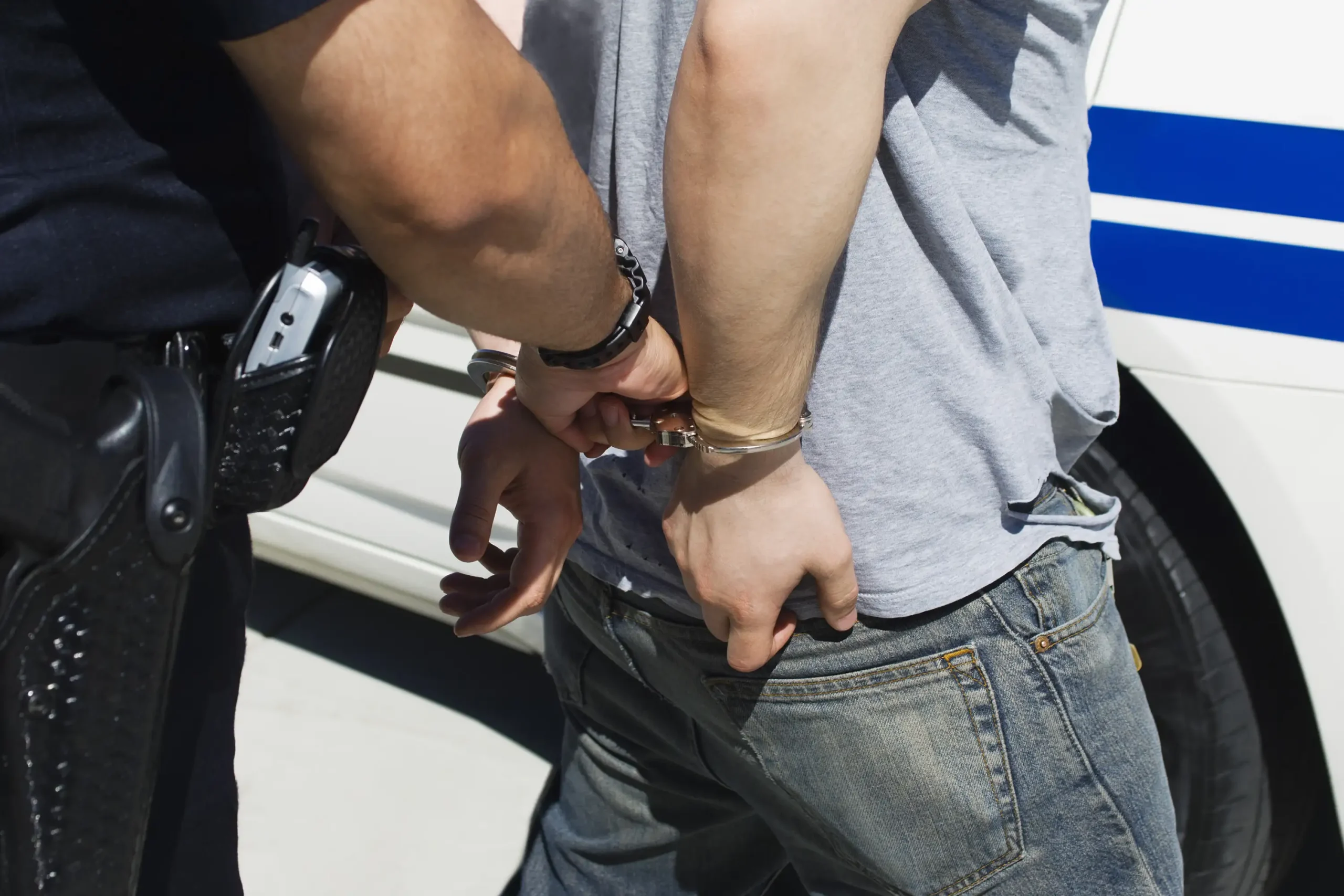You’ve Just Been Arrested
First and foremost, it’s crucial to hire an attorney as soon as possible after your arrest. Your preliminary arraignment (bail hearing) will happen shortly after you’re arrested – generally within 48 hours. You’ll stand a better chance at being released on bail if you have an attorney representing you.
In Philadelphia specifically, your preliminary hearing usually happens a few weeks after your preliminary arraignment. However, a preliminary hearing can coincide with your preliminary arraignment in some PA counties. This usually happens if you’re issued a summons instead of being arrested.
Related Article: What Happens at a Preliminary Hearing in PA?
About 30 to 60 days after your preliminary hearing, you’ll have a formal arraignment. A formal arraignment will occur if a magistrate or municipal court judge believes sufficient evidence exists for the case to proceed to trial on all or some of the charges.
Related Article: What Is a Formal Arraignment in Pennsylvania?
What Happens After an Arraignment?
After an arraignment, the criminal justice process continues with a series of legal proceedings that are aimed at resolving the case. The court may schedule a pre-trial conference where the prosecutor and your defense attorney will meet to discuss the case and possibly negotiate a plea agreement. Here, the prosecutor and your defense attorney exchange evidence and witness information through a process called discovery.
Discovery and Motions
Under Pennsylvania law, criminal defense attorneys may file various types of motions during the pre-trial phase to challenge the prosecution’s case or to seek favorable rulings from the court. For example, the prosecutor must provide the defense with any exculpatory evidence, which is evidence that tends to prove your innocence. Failure to disclose exculpatory evidence can result in a violation of the defendant’s constitutional rights, and the court may grant a new trial or even dismiss the charges.
We can also use the pre-trial stage to file motions, such as a motion to suppress evidence. We do this if we think that the evidence was obtained illegally or in violation of your constitutional rights. If the court grants the motion, the evidence cannot be used against you at trial. We might also file a motion to dismiss the charges for a variety of reasons such as lack of evidence, legal errors or other grounds.
Discovery can take several weeks or even months, depending on the complexity of the case and the amount of evidence involved. During this time, we will thoroughly review and analyze the evidence to prepare the strongest possible case for your defense.
Trial
If a plea agreement isn’t reached or if the case is not dismissed, the case will go to trial. At trial, the prosecutor will present evidence and witnesses to try to prove the defendant’s guilt beyond a reasonable doubt. We will have the opportunity to cross-examine witnesses and present our own evidence and witnesses. During the trial, the defendant has the right to refrain from self-incrimination and may remain silent.
After the trial, if you’re found not guilty that’s it. The case is over. If you are found guilty, the court will hold a sentencing hearing to determine the appropriate punishment. You may face fines, probation, community service, or imprisonment. The judge may consider factors such as the severity of the crime, your criminal history, and any mitigating circumstances when determining the appropriate sentence.
Call Shuttleworth Law P.C. for Your Free Case Evaluation
If you or a loved one face criminal charges in Philadelphia, legal advice from an experienced attorney can help. Get your Free Case Evaluation now by calling 888-529-3486 or messaging us confidentially online. Our legal team can meet with you in person or via secure video conferencing.

